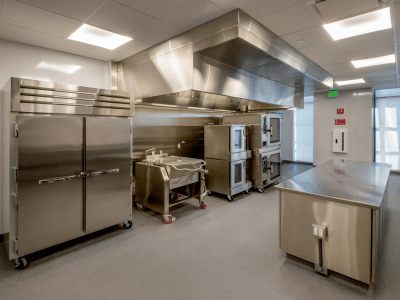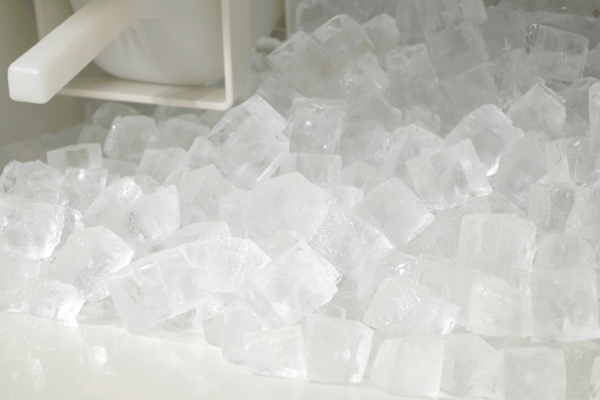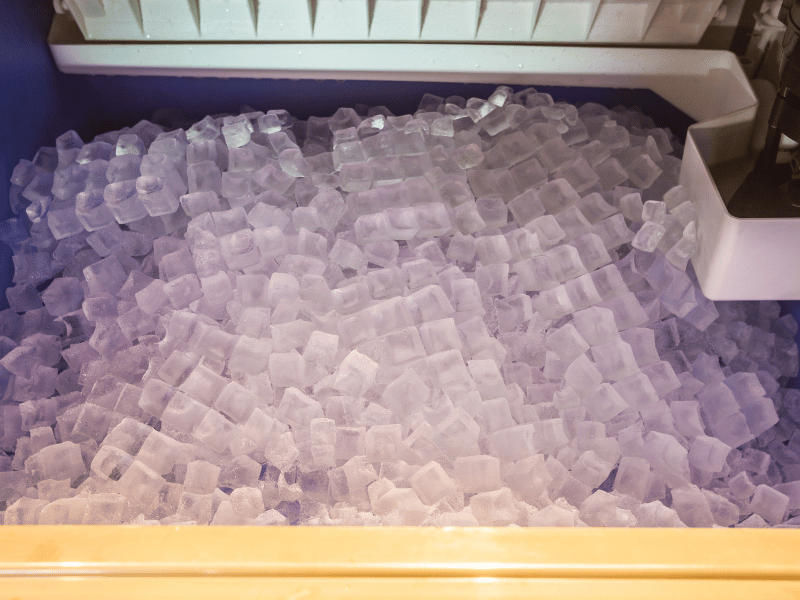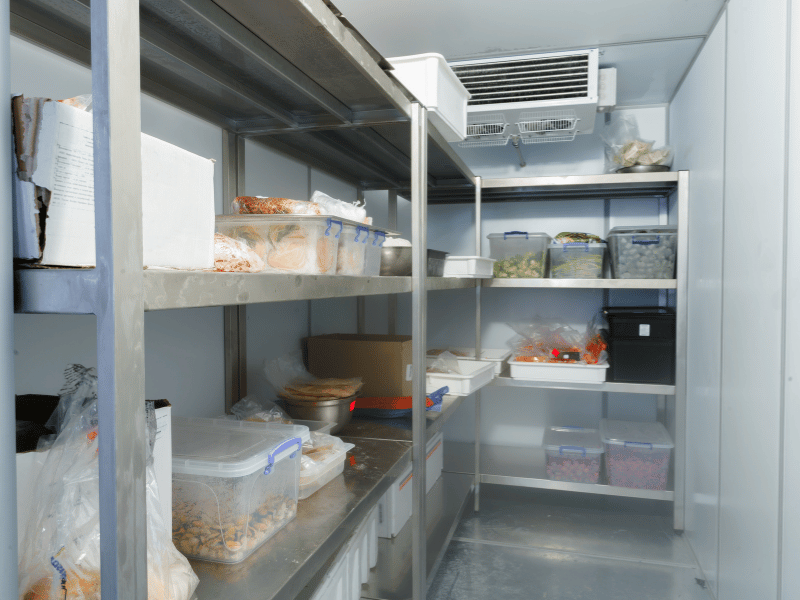As summer temperatures soar, your commercial kitchen needs more than a sun hat and a tall glass of lemonade to keep cool. Ensuring your refrigeration systems are running at optimal performance is vital to maintaining a safe and efficient operation. The hotter the weather, the harder your refrigeration units have to work, and without proper maintenance, this could lead to costly repairs or even failure.
This is why we’ve put together this guide. We’ll provide some top tips to help you keep your commercial kitchen cool all summer long, ensuring your food stays fresh, your equipment keeps running smoothly, and your energy bills don’t skyrocket.
1. Regularly Check and Clean Your Refrigeration Units
The first and perhaps most critical tip is to make sure you’re regularly checking and cleaning your refrigeration units. Dust and grime can quickly accumulate on the condenser coils of your refrigeration unit. This can cause the unit to work harder than necessary, which will increase your energy bills and potentially lead to premature equipment failure.
We recommend scheduling regular cleaning sessions throughout the summer months. Not only does this ensure the efficiency and longevity of your unit, but it also gives you the opportunity to spot any potential issues before they become bigger problems.
2. Monitor Temperature Levels
Regularly monitoring the temperature of your refrigeration units is essential, especially during the hotter months. The ideal temperature for commercial refrigeration units is typically between 35°F and 40°F.
Invest in high-quality thermometers and make sure they are properly calibrated. Your kitchen staff should be trained to check the temperatures of the refrigerators and freezers throughout the day. Rapid changes in temperature or consistent readings above the ideal range are signs that your units may need professional attention.
3. Regularly Defrost Freezers
In the peak of summer, your freezer units are likely to experience an increase in ice buildup. This excess ice can impede airflow, causing your freezer to work harder than necessary and leading to inefficient cooling.
To avoid this, it’s essential to regularly defrost your freezers. Please make sure your staff understands the importance of this task and is well-versed in your kitchen’s defrosting procedures. Regular defrosting can help your units run more efficiently and prevent costly damage.
4. Maintain Proper Ventilation
Refrigeration units need plenty of space around them to function efficiently. If your unit is positioned near a heat source or in a cramped corner, it’s going to struggle to keep cool.
Make sure your units have ample space around them for proper ventilation. Ideally, there should be at least a few inches of space around all sides of your refrigeration units. This allows for proper air circulation and can significantly reduce the amount of work your unit has to do to keep cool.
5. Invest in Professional Maintenance
While these DIY maintenance tips can certainly help, there’s no substitute for professional maintenance. Scheduling regular professional check-ups for your refrigeration units can prevent minor issues from escalating into major problems.
A professional refrigeration service company will have the tools and expertise necessary to perform a thorough inspection of your units. They can spot potential problems that you may miss and provide solutions to keep your equipment running efficiently.
Conclusion
Your commercial kitchen’s refrigeration system plays a critical role in your operations, particularly during the hot summer months. By following these tips and investing in professional maintenance, you can ensure your units run efficiently, reduce the risk of costly breakdowns, and keep your kitchen operating smoothly.
Remember, an ounce of prevention is worth a pound of cure. Stay cool this summer by staying on top of your refrigeration maintenance.






